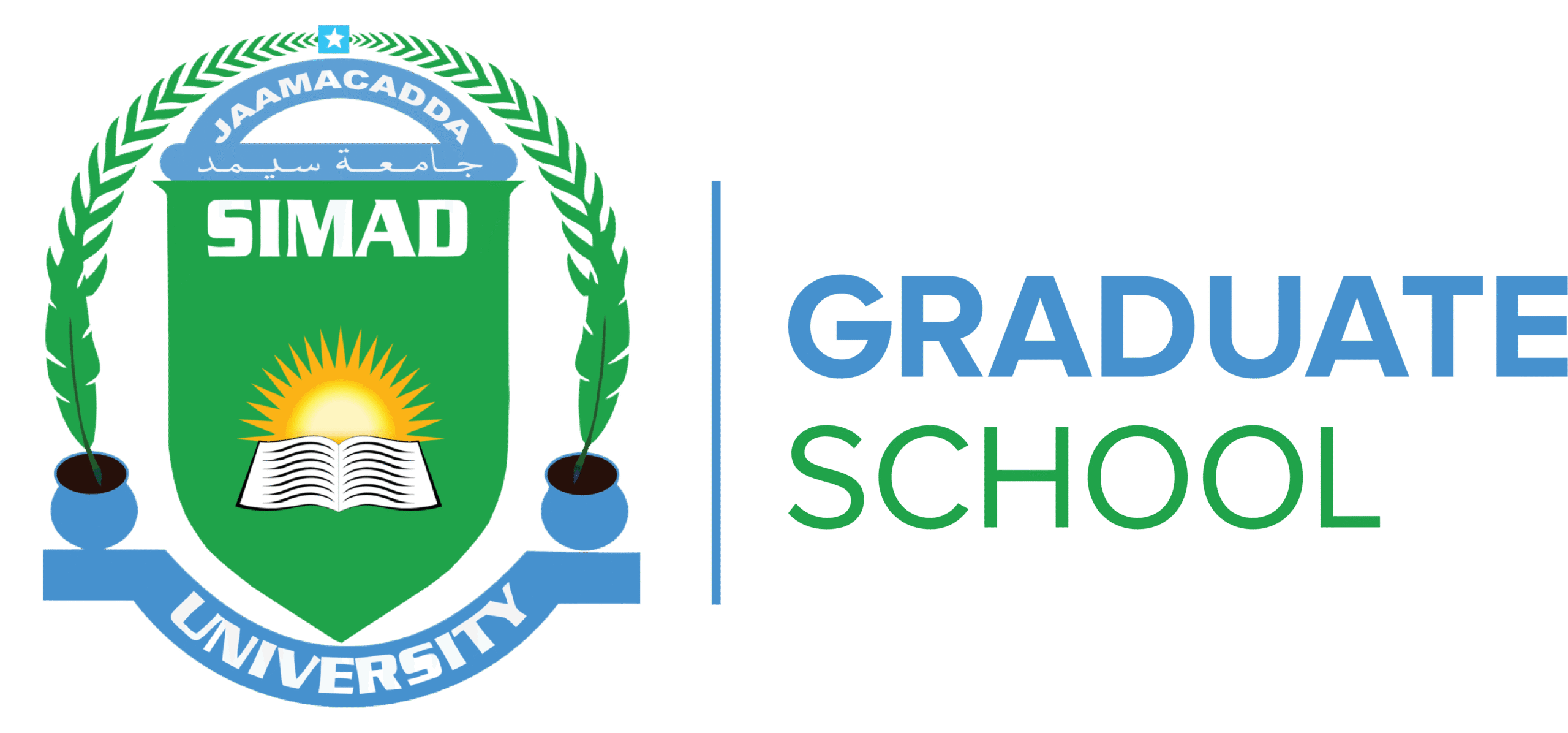Home
Programs
Master of Procurement & Logistics Management
Master of Procurement & Logistics Management
The Master of Procurement and Logistics Management (MPLM) is a two-year graduate program that develops advanced capability in strategic procurement, logistics, and end-to-end supply chain management.

Introduction
The Master of Procurement and Logistics Management (MPLM) is a two-year graduate program that develops advanced capability in strategic procurement, logistics, and end-to-end supply chain management. The curriculum blends theory with practical tools to address the Somali and global demand for professionals who can deliver value for money, ethical and transparent sourcing, resilient logistics networks, and technology-enabled operations (e-procurement, ERP, analytics). Graduates are prepared for leadership roles across public agencies, state-owned enterprises, NGOs, and private firms operating in complex, fast-changing markets. The program emphasizes ethics, sustainability, risk management, and digital transformation, with applied research and projects embedded throughout.
Specific Objectives
By the end of the program, students will be able to:
- Apply core procurement, logistics, and supply chain principles to improve performance.
- Use ERP, e-procurement and analytics to enhance decision-making.
- Integrate sustainability, ethics, and compliance into sourcing and logistics strategies.
- Optimize inventory, transportation, warehousing, and network design.
- Manage public procurement in line with regulatory frameworks.
- Conduct applied research to solve complex procurement and logistics challenges.
Expected Learning Outcomes
Graduates will be able to:
- Design procurement plans and supply chain strategies; manage supplier evaluation, negotiation, and contracts.
- Employ e-procurement/ERP and data analytics to drive efficiency and transparency.
- Assess and mitigate risks across procurement and logistics functions.
- Incorporate sustainability and regulatory compliance into operational decisions.
- Demonstrate leadership, teamwork, and professional communication in practice settings.
- Design and execute applied research with clear managerial implications.
Human Resources and Facilities
Teaching combines lectures, problem-solving, presentations, case studies, and coursework across all modules; supervision supports the two-stage master project. Coursework employs contemporary tools (ERP, e-procurement, analytics) reflected in module aims. University learning resources (library/e-resources, computing, LMS) and practitioner input
Exam Regulations
Assessment emphasizes both continuous learning and summative evaluation. Typical components and indicative weight ranges include participation (5–10%), assignments (15–20%), group projects/presentations (15–25%), case analyses (10–15%), and final examinations (20–30%). The capstone/research component is assessed independently (100% of its 6 credits). Many course outlines specify that students must pass both midterm/continuous assessment and the final exam to pass the course (commonly 60% coursework, 40% final). Progression follows successful completion of semester requirements and maintenance of satisfactory standing per university policy.
Award of the Degree
To be awarded the Master of Procurement and Logistics Management, a candidate must:
- Complete core, specialization, electives, and thesis with the minimum GPA required.
- Satisfy ethical and research compliance requirements.
- Demonstrate English proficiency (B2 via Linguaskill or approved IELTS/TOEFL).
- Clear all financial and administrative obligations.
The Master of Procurement and Logistics Management (MPLM) is a two-year graduate program that develops advanced capability in strategic procurement, logistics, and end-to-end supply chain management. The curriculum blends theory with practical tools to address the Somali and global demand for professionals who can deliver value for money, ethical and transparent sourcing, resilient logistics networks, and technology-enabled operations (e-procurement, ERP, analytics). Graduates are prepared for leadership roles across public agencies, state-owned enterprises, NGOs, and private firms operating in complex, fast-changing markets. The program emphasizes ethics, sustainability, risk management, and digital transformation, with applied research and projects embedded throughout.
Study Programs – Structure & Credit Distribution
Code | Course | Credit |
MSPLM51101 | Procurement Principles & Procedures | 3 |
MSPLM51102 | Inventory & Operations Management | 3 |
MSPLM51103 | Financial Management for Procurement | 3 |
MSPLM51104 | Marketing Management & Strategy | 3 |
MSPLM51105 | e-Procurement | 3 |
MSPLM51106 | Logistics & Supply Chain Strategy | 3 |
MSPLM51107 | Public Sector Procurement & Regulatory Framework | 3 |
MSPLM51108 | Transport & Sustainable Supply Chain Management | 3 |
MSPLM51109 | Research Methods | 3 |
MSPLM511010 | Contract & Negotiation Management | 3 |
MSPLM511011 | Project Procurement Management | 3 |
Dissertation | 12 |
Applicants must:
- Hold a recognized bachelor’s degree in business, economics, or a related field (minimum GPA 2.5).
- Provide evidence of professional experience (preferred but not mandatory).
- Semester Fees: USD 475
- Tuition Fees: USD 2,850 for two years
- The school has three intakes
- January, May, September
